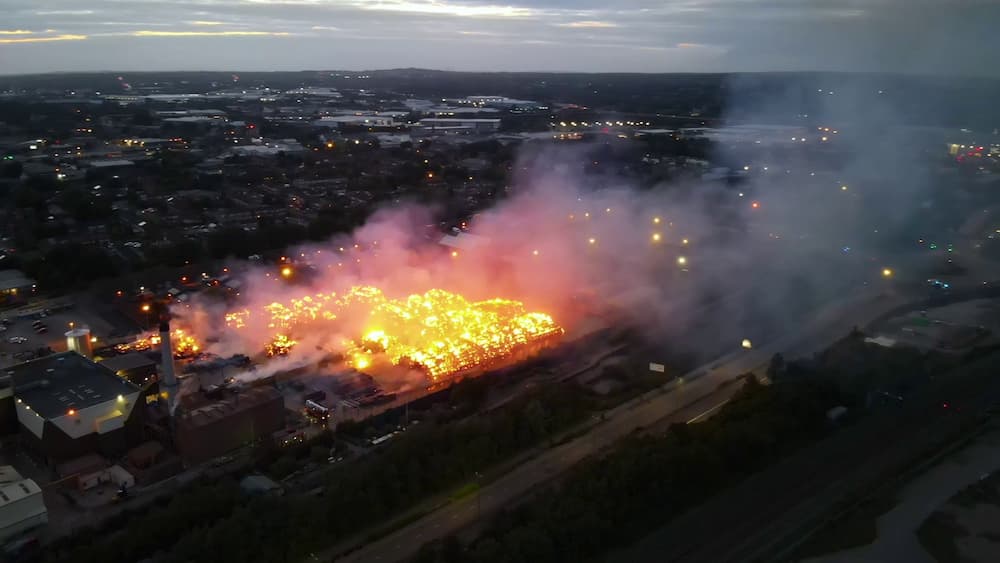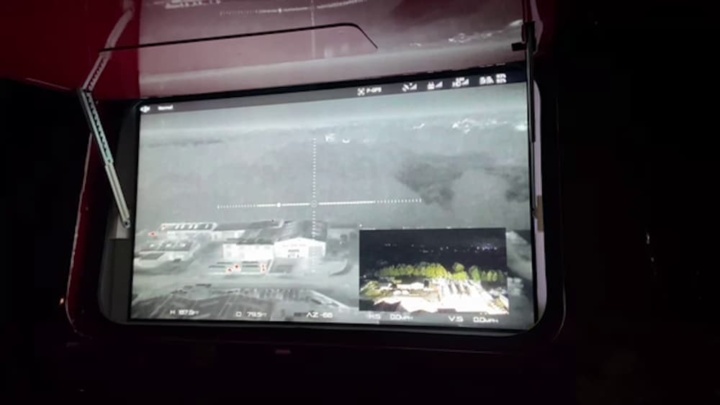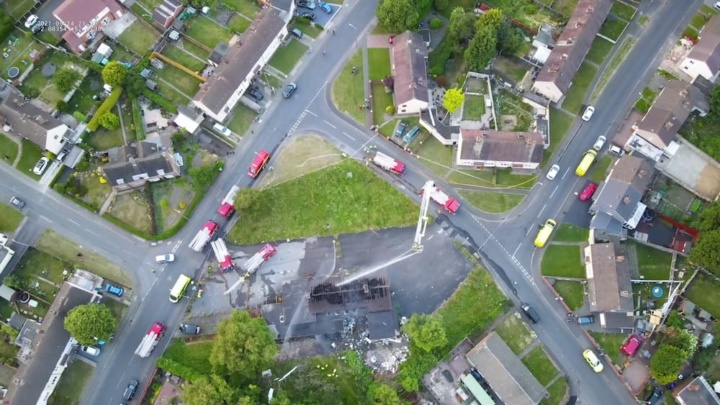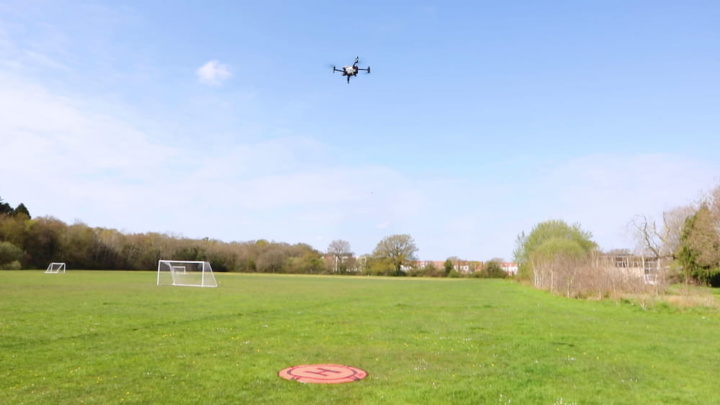As West Midlands Fire Service (WMFS) marks the two-year anniversary of the launch of our successful drone capability, we reflect on the ground-breaking work carried out by our very own pilots. This team of specialists has taken our incident response capabilities to unprecedented heights, enhancing our firefighting efforts and decision making across a range of incident types, helping us to operate more effectively and keep our crews and communities safe. The flight path began with trained operators using a Sky Ranger drone, a significant investment that proved its worth in countless operations which has since been donated to the West Midlands Fire Service Heritage Group. Then, in May 2021, a specially trained dedicated drone team was established. They fly DJI Mavic 3 Thermal drones. Smaller and more agile than the Sky Ranger, its sophisticated camera capabilities, particularly in thermal imagery, have added even sharper focus to our scene visualisation. The Mavic 3 is further supplemented by a DJI M30T, which can fly in more challenging weather. Since the drone teams inception, they’ve clocked-in around 150 hours of flight time across nearly 350 incidents and training scenarios.Drone technology enhancing firefighting efforts

“In the field of incident response, having a comprehensive view of the situation is crucial,” says Station Commander Richard Moore, drone manager. “Our drones give us an elevated perspective, aiding tactical decision making, without endangering our personnel. That’s been a game-changer in how we can assess and manage firefighting operations.” Drones can fly much higher than the height of our hydraulic aerial platforms, which were previously used to get a bird’s eye view of incidents. This higher perspective allows for a safer, more efficient approach to tackling fires and managing other emergencies, reducing risks and potentially saving more lives. A fire in January, at an industrial unit in Willenhall, involved more than fifty firefighters. Our drone team streamed live pictures to incident commanders on the ground, supporting their decision making. UPDATE: Our drone footage shows the extent of the overnight fire in #Willenhall. We again thank local businesses, residents and road users for their patience and understanding during our firefighting operations. Latest update on our website: https://t.co/IrCePUhZQ3 pic.twitter.com/oFe1bmne3I — West Midlands Fire Service (@WestMidsFire) January 12, 2023 In March, our drone capability complemented the work of firefighters at an office and warehouse fire in Walsgrave, Coventry.

Our drones have proven invaluable not just in firefighting, but in an array of other vital operations, many involving other emergency services, such as large area searches for missing people. We’re exploring other drone uses, such as surveys, site risk assessments and more. The future may see drones positioned on roofs of our fire stations, ready to take off and fly autonomously to incidents and give live ‘eyes on’ to our fire control teams. This would enable even quicker, more effective and appropriate responses. And autonomous firefighting support drones may not be that far away. Station Commander Moore added: “I’m grateful to the team for their enthusiasm, innovation and dedication to this unique role. We want to explore how drone technology can further elevate our service to the community and help make the West Midlands safer, stronger and healthier”.Beyond fire: Broadening our horizons with drone operations


